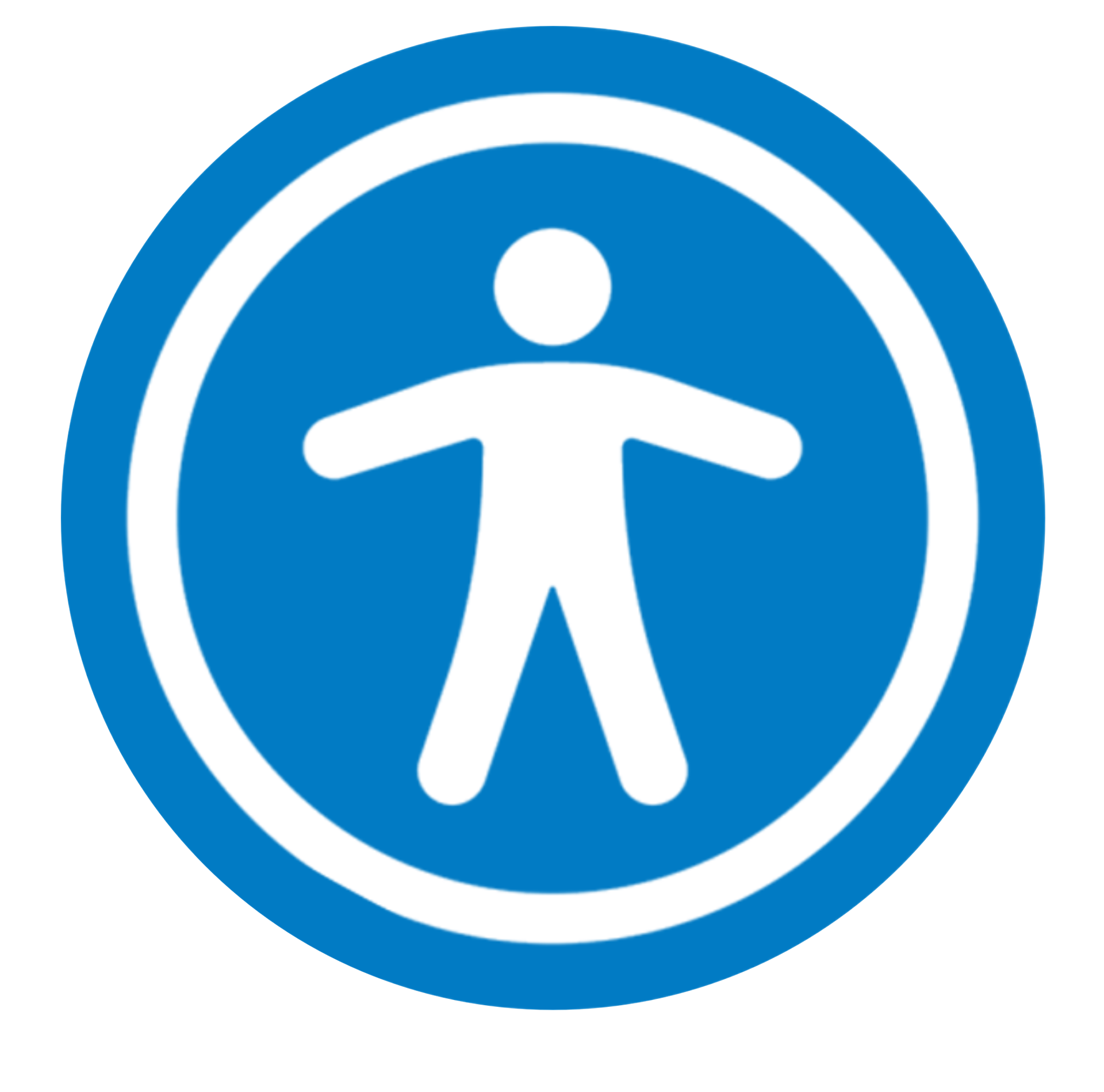You are here: Mental Health Challenges/adults/MH/mental-health
Post Traumatic Stress Disorder (PTSD)
What is Post Traumatic Stress Disorder (PTSD)?
Post-traumatic stress disorder (PTSD) is a type of anxiety disorder which you may develop after being involved in, or witnessing, traumatic events. The condition was first recognized in war veterans and has been known by a variety of names, such as 'shell shock'. But it's not only diagnosed in soldiers – a wide range of traumatic experiences can cause PTSD.
When is it diagnosed? +
When you go through something you find traumatic it's understandable to experience some symptoms associated with PTSD afterwards, such as feeling numb or having trouble sleeping. This is sometimes described as an 'acute stress reaction'.
Many people find that these symptoms disappear within a few weeks, but if your symptoms last for longer than a month, you might be given a diagnosis of PTSD. Your GP might refer you to a specialist before this if your symptoms are particularly severe.
Are there different types of PTSD? +
If you are given a diagnosis of PTSD, you might be told that you have mild, moderate or severe PTSD. This explains what sort of impact your symptoms are having on you currently – it's not a description of how frightening or upsetting your experiences might have been.
PTSD may be described differently in some situations:
- Delayed-onset PTSD – if your symptoms emerge more than six months after experiencing trauma, this might be described as 'delayed PTSD' or 'delayed-onset PTSD'.
- Complex PTSD – if you experienced trauma at an early age or it lasted for a long time, you might be given a diagnosis of 'complex PTSD'. (See our page on complex PTSD for more information.)
- Birth trauma – PTSD that develops after a traumatic experience of childbirth is also known as 'birth trauma'. (See our page on PTSD and birth trauma for more information.)
There are lots of misconceptions about PTSD. For example, people may wrongly assume it means you are 'dwelling' on past events. They might even suggest that you should 'get over it' or 'move on'. But having PTSD isn't a choice or a sign of weakness, and it's important to remember that you are not alone.
Who can help?+
 |
NHS Cambridgeshire and Peterborough Talking Therapies - (Self-Refer) - Offer support to those aged 17 and over via a range of brief supported self-help and talking therapy options. The service usually helps people with mild to moderate mental health issues, including depression, anxiety, post-traumatic stress, panic attacks, phobias or Obsessive Compulsive Disorder. You can self-refer to the service by calling 0300 300 0055 or you can self-refer here. |
|
|

|
Everyturn Mental Health (previously Insight) - (Self-Refer) Free, confidential NHS Talking Therapies that you can refer yourself to. Call 0300 555 0888 or online www.everyturn.org |
|
|

|
Group Therapy's Alone Together Support Groups - In response to the COVID-19 pandemic we have set up a number of online ‘Alone Together’ support groups to help people during this challenging time. Although these aren’t therapy groups as such, the group therapists will allow you space to reflect on your experiences with other people and will introduce interventions if they feel they would be useful.
The support groups offer the chance to gain back some kind of community and connection with other individuals. They are for anyone who is feeling alone, isolated or struggling with life in general, and would like to join a group to share their experiences and connect with others.
|
|
|

|
Combat Stress - Charity providing free services for ex-servicemen and women with conditions such as post traumatic Stress Disorder (PTSD), depression and anxiety disorder.Support can be residential, community based or financial. |
|
|

|
Road Victims Trust - (Self-Refer) - Supporting the victims of serious road collisions with emotional and practical support. Takes direct referrals from the Road Police Team or self-referral.(Offers Counselling) |
|
|
 |
NHS - NHS website with helpful info on PTSD and other mental health issues.
|
|
|
 |
PTSD UK - PTSD UK is a charity which aims to educate and raise awareness of Post Traumatic Stress Disorder; it's causes, symptoms and the treatments available, to help everyone experiencing PTSD. |
|
|
 |
The Warriors Journey - This service focuses on helping people who are ex-forces with their ptsd. The vision of The Warrior’s Journey is that warriors and their families will live in wholeness and be equipped to navigate the issues of life.
|
|
|
Mental health challenges are common but help is available and with the right support many people recover completely. Check out our Support Services Page for lots of services who are local and national!
*Some information gathered from www.nhs.uk and the services listed.

